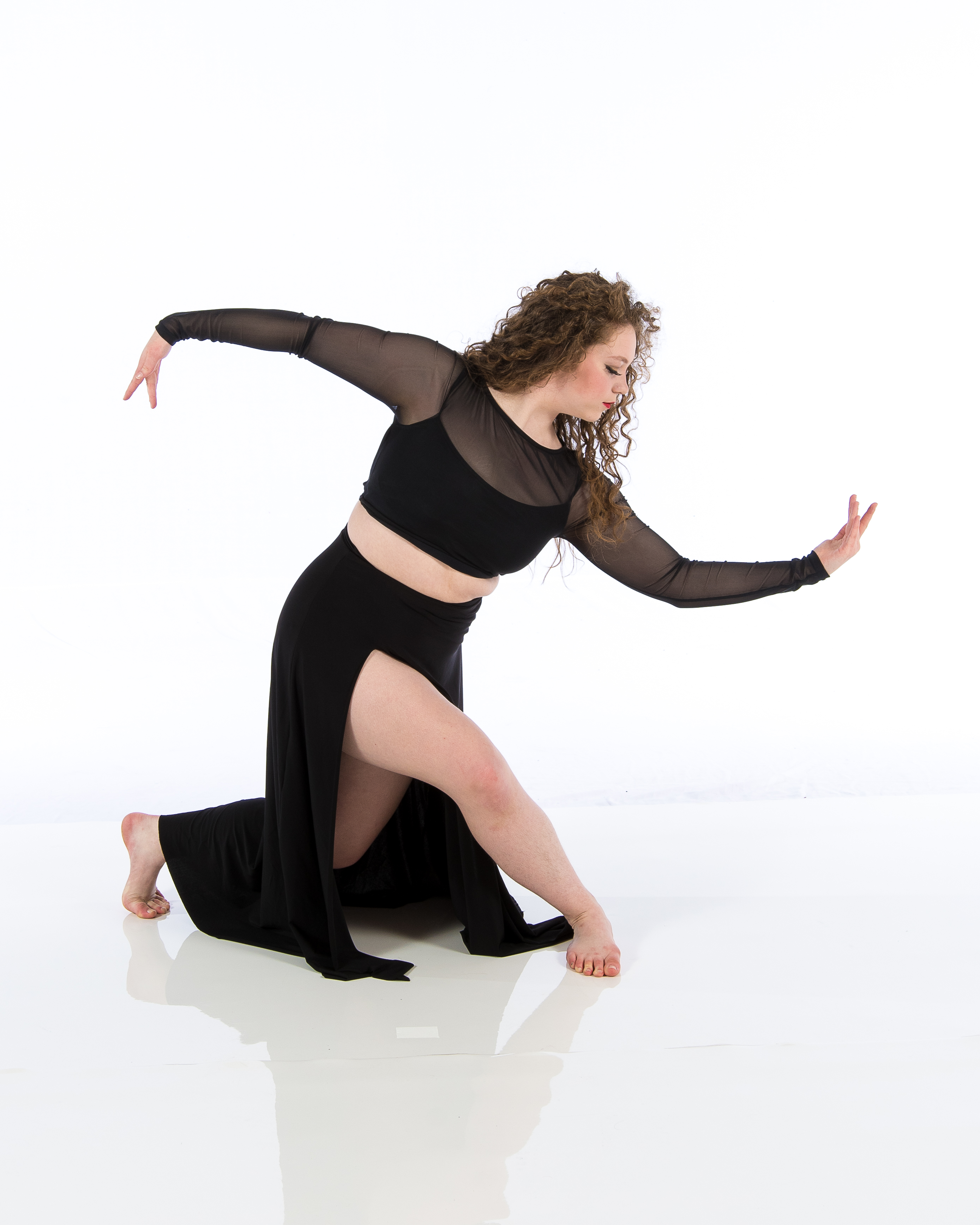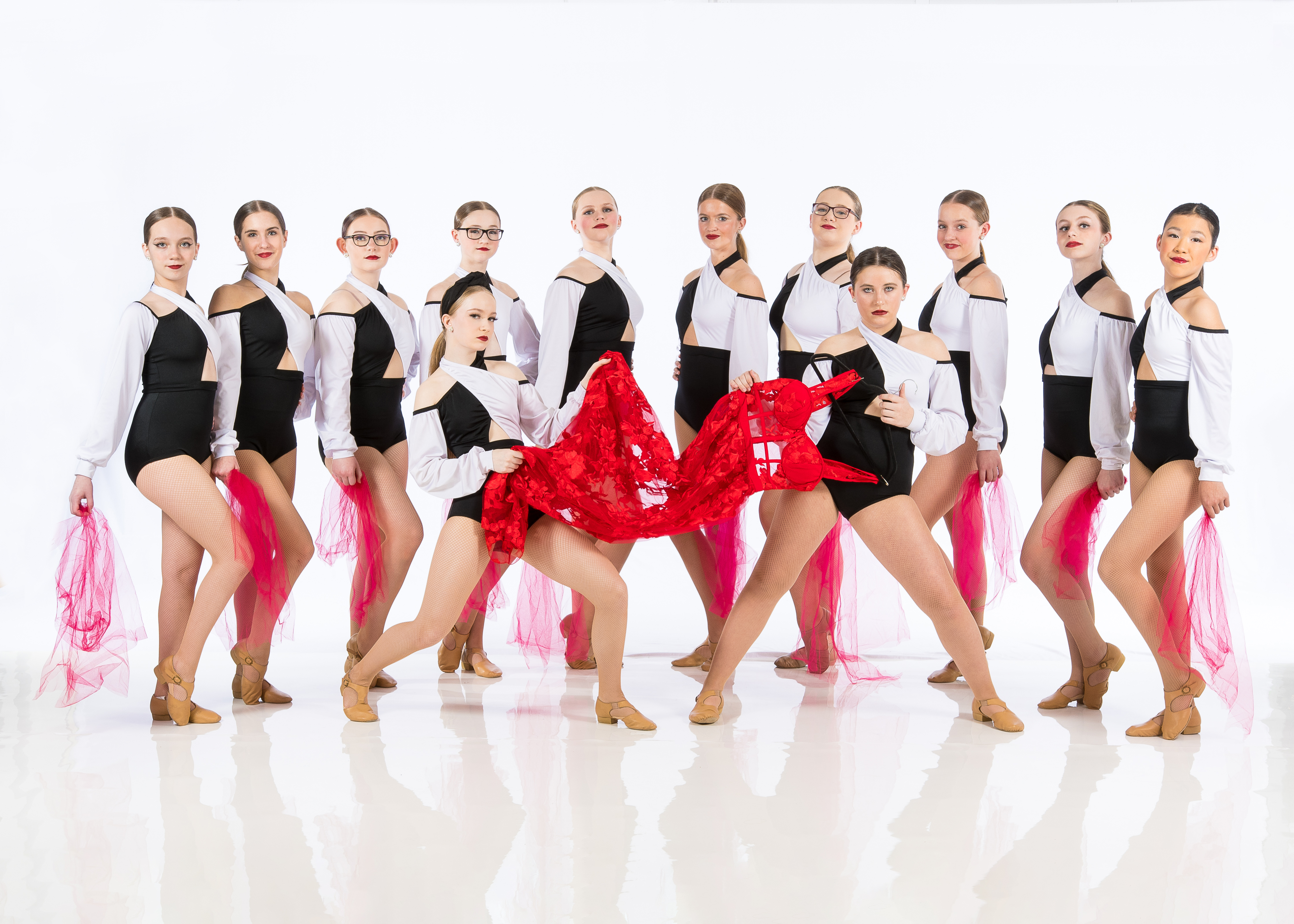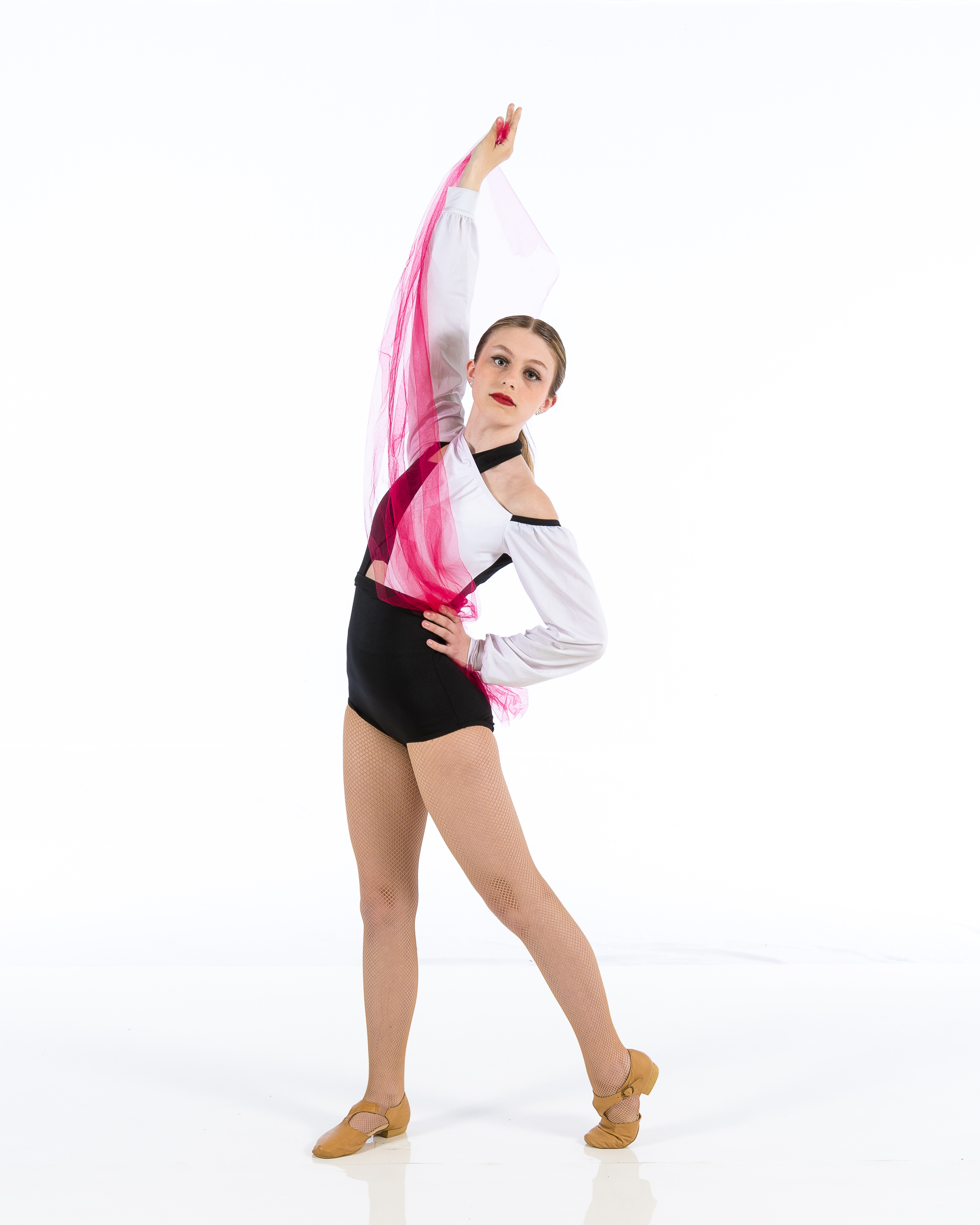Introduction
Dance is an art kind that goes beyond barriers, joins areas, and bursts with the vigor of human expression. Whether you're a budding dancer entering a dance studio for the very first time or a seasoned performer seeking to improve your craft, comprehending dance studio etiquette is crucial for ensuring a favorable experience. This considerable overview entitled From Beginner to Specialist: Navigating Dance Studio Decorum for a Harmonious Experience will take you through every facet of dance studio habits, giving insights that will raise your experience and foster stronger connections within the dancing community.

Understanding Dance Studio Etiquette
What is Dance Studio Etiquette?
Dance studio rules refers to the set of rule of thumbs and social standards that regulate actions in a dance classroom setting. Similar to any kind of various other creative atmosphere, respecting these guidelines can improve not only your discovering experience yet additionally that of your peers.
Why is Dance Studio Rules Important?
Adhering to proper rules helps develop an ambience of regard, emphasis, and collaboration. It fosters a sense of area and enables dancers to support each various other in their development while decreasing interruptions during class.
From Beginner to Expert: The Relevance of First Impressions
Preparing for Your Very first Class
Walking into a dance studio for the very first time can be nerve-wracking. To make an unforgettable first impression:
- Dress properly: Use comfortable clothes suitable for the type of dance you're studying. Arrive early: Aim to get to the very least 10-- 15 minutes prior to class begins. This offers you time to check in, warm up, and work out in.
Greeting Your Instructor
A pleasant greeting collections the tone for your experience. Always present on your own if it's your first-rate! An easy "Hello there" or "Greetings" can go a long way in developing rapport.
Classroom Conduct: The Do's and Do n'tshtmlplcehlder 46end.
Do's: Positive Behaviors
Be Respectful: Respect everybody's individual room-- particularly when practicing moves. Listen Actively: Program attentiveness when trainers are talking; it shows you value their guidance. Support Your Peers: Motivate fellow dancers; positivity breeds encouragement.Don'ts: Adverse Behaviors
Avoid Distractions: Maintain individual conversations outside the classroom. Don't Usage Your Phone: Silence your phone during class; it's disruptive. Refrain from Interrupting: Wait till the instructor finishes prior to asking questions.The Role of Personal Area in Dance Studios
Understanding Boundaries
Personal room varies from person to person, especially in a dance setting where physical closeness is typically needed throughout method routines.
Communicating Convenience Levels
If you feel unpleasant with how close one more professional dancer is obtaining during partnered exercises or developments, it's crucial to communicate this nicely and professionally.
Maintaining Professionalism and reliability: Gown Code and Grooming
Importance of Proper Attire
Each dancing design often has its very own outfit code-- whether it be leotards for ballet or loose-fitting clothing for hip-hop classes-- adhering to these standards shows regard for both your craft and your instructor.
Personal Health Matters
Dancing calls for physical exertion, which can bring about sweat. Guarantee you maintain excellent health by showering before class and wearing clean attire.
Behavior Throughout Course: Focusing on Learning
Engaging with Instruction
It's crucial to remain focused throughout demos. Rather than merely seeing, proactively engage by visualizing exactly how you would carry out each movement.
Asking Inquiries Appropriately
Curiosity enhances discovering! If something isn't clear, do not hesitate to ask concerns-- however guarantee they matter and posed at appropriate times (preferably after instructions).
Feedback: Welcoming Useful Criticism
Accepting Comments Gracefully
Constructive objection is component development in any type of art form. Welcome comments with an open mind and stay clear of becoming defensive; keep in mind that critique aims to help boost your skills!
Offering Comments Thoughtfully
When offering comments to peers, ensure it's constructive as opposed to crucial; concentrate on what they did well along with locations for improvement.
Creating Consistency With Teamwork
The Relevance of Group Spirit
In several dancing designs, team effort plays an essential function; creating friendship with fellow dancers causes boosted performances.
Collaborating During Group Exercises
When associated with team projects or choreography methods, motivate creative thinking by respecting everybody's concepts while also contributing yours constructively.
Handling Disputes Gracefully
Addressing Arguments Maturely
Conflict might occur due to misunderstandings or varying point of views on choreography selections. Take on these concerns privately rather than publicly airing grievances which could interfere with class harmony.

Seeking Arbitration When Necessary
If problems intensify beyond personal resolution initiatives-- seek support from instructors that can mediate effectively based upon their experience dealing with similar situations.
Post-Class Rules: Leaving on a Good Note
Thanking Instructors After Class
Always reveal thankfulness in the direction of your instructor after lessons; this strengthens favorable partnerships while recognizing their tough work!
Keeping the Workshop Clean
Whether it's getting water bottles or nicely arranging props post-class-- keeping sanitation shows respect for shared spaces made use of by all dancers!
Engaging Beyond Course Time: Structure Area Relationships
Joining Social Events
Participate in get-togethers arranged by workshops such as showcases or open homes-- these gatherings offer opportunities for networking while enhancing neighborhood connections outside structured lessons!
Supporting Other Dancers' Performances
Attending peers' performances shows solidarity within the dance neighborhood-- it encourages engagement beyond simple attendance at classes!
Frequently Asked Questions (Frequently asked questions)
1. What need to I put on for my very first dance class?
Pick comfy clothes suitable for the particular style you're taking (e.g., leotards for ballet). Constantly ask about gown codes beforehand!
2. Is it alright to chat throughout class?
It's best technique not to engage in side conversations during instruction as this sidetracks both teachers Dance Studio & & fellow trainees alike!
3. How do I take care of feeling overwhelmed?
Take deep breaths & & remind on your own that every dancer began someplace! Connect any type of battle with instructors that may offer extra help if needed!
4. What happens if I disagree with choreography choices?
Express issues professionally either independently or within designated responses sessions instead of openly critiquing during wedding rehearsals; keeping professionalism aids fix arguments amicably!

5. Should I bring water right into the studio?
Definitely! Remaining moisturized improves efficiency degrees; simply guarantee containers are firmly shut so spills don't occur on floorings where others are dancing!
6. How crucial is punctuality?
Punctuality is vital as showing up late disrupts focus degrees while creating interruptions; aim constantly arrive early enough permitting time warm-up appropriately prior to classes commence!
Conclusion
Navigating through a dance studio environment can seem daunting in the beginning glimpse but mastering proper rules ultimately transforms one's trip from amateur status toward experienced degree creativity! By sticking closely well-known behaviors outlined throughout this guide labelled From Amateur To Expert: Navigating Dance Studio Etiquette For A Harmonious Experience *, you'll grow important relationships within neighborhoods enriched creative thinking while refining technological prowess together with appreciated advisors! So shoelace up those shoes with confidence tip onto that floor-- the world awaits your distinct expression through movement!